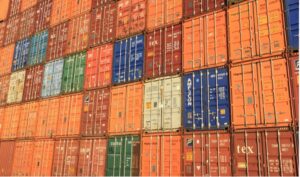China is the world’s largest exporter and importer of goods, accounting for about 13% of global trade in 2020. China’s shipping industry plays a vital role in facilitating the flow of goods and services across the world, connecting China with its major trading partners in Europe, North America, Asia, and Africa.
One of the key ports that China relies on for its shipping activities is Felixstowe, located on the east coast of England. Felixstowe is the UK’s busiest container port, handling about 40% of the country’s container traffic. It is also a major hub for China shipping, as it receives more than half of the UK’s trade with China.
In this article, we will explore the importance of China shipping in global trade, the role of Felixstowe in China shipping, the logistics of China shipping, the challenges and solutions in China shipping, the impact of China shipping on the UK economy, the future trends in China shipping, and the key players in China shipping and their involvement with Felixstowe.
Overview of the Felixstowe Port
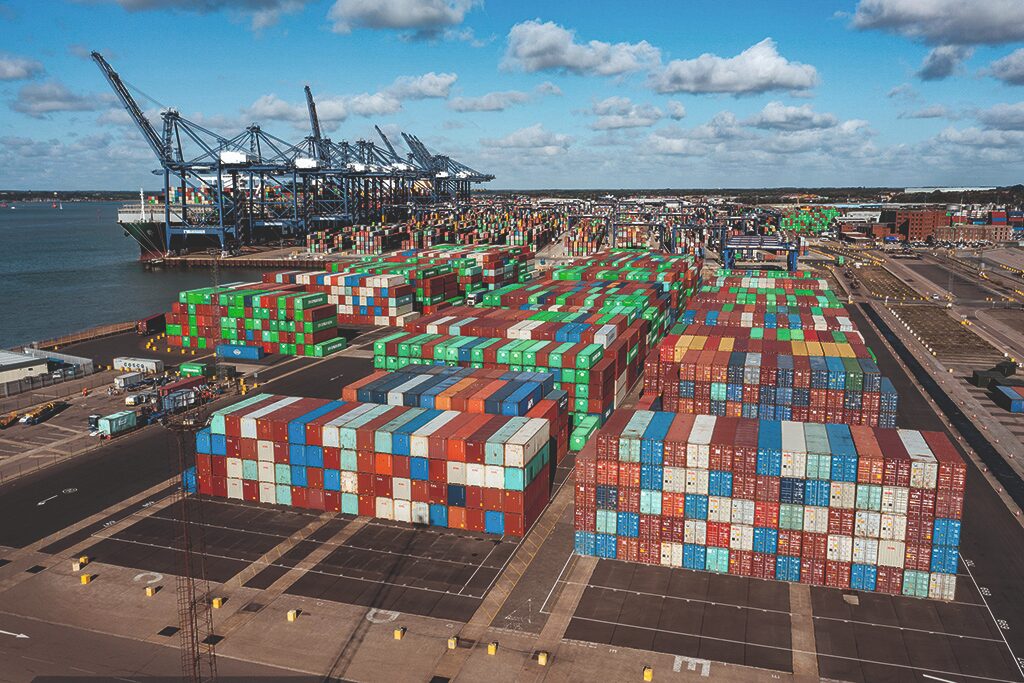
The Felixstowe port is located at the mouth of the River Orwell, about 70 miles northeast of London. It covers an area of about 900 acres and has a total quay length of about 3.8 km. It has 10 berths, 37 cranes, and can accommodate the largest container ships in the world, such as the 400-meter-long Maersk Triple E class vessels.
The Felixstowe port was established in 1875 as a railway station and a ferry terminal. It gradually developed into a cargo port, handling mainly coal, timber, and grain. In 1967, it became the first UK port to handle containerized cargo, and since then, it has grown rapidly to become the country’s leading container port.
The Felixstowe port is owned and operated by Hutchison Ports, a subsidiary of the Hong Kong-based conglomerate CK Hutchison Holdings. Hutchison Ports also operates other ports around the world, such as Rotterdam, Antwerp, Sydney, Karachi, and Shanghai.
The Felixstowe port is connected to the UK’s road and rail network, allowing easy access to the major markets and distribution centers in the country. It also has links to other ports in Europe and beyond, such as Rotterdam, Hamburg, Antwerp, Zeebrugge, Le Havre, and Singapore.
Importance of China Shipping in Global Trade
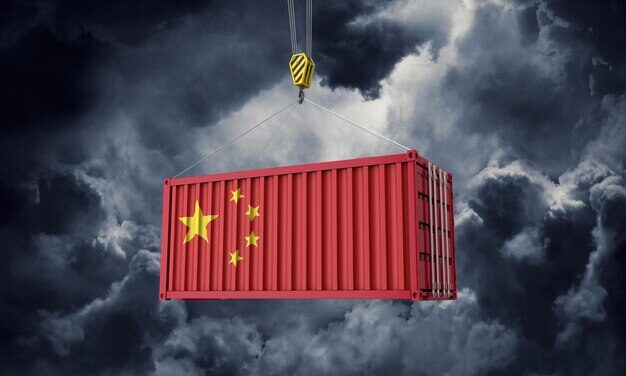
China shipping is the term used to describe the shipping activities involving China as the origin or destination of the cargo. China shipping is a crucial component of global trade, as China is the world’s largest trading nation, with a total trade value of $4.6 trillion in 2020.
China shipping is driven by several factors, such as:
- China’s economic growth and development, which has increased its demand for raw materials, energy, and consumer goods, as well as its supply of manufactured goods, machinery, and equipment.
- China’s integration into the global economy, which has enhanced its trade relations with other countries, especially through initiatives such as the Belt and Road Initiative (BRI), the Regional Comprehensive Economic Partnership (RCEP), and the Comprehensive Agreement on Investment (CAI).
- China’s innovation and competitiveness, which has enabled it to produce high-quality and low-cost goods and services, as well as to adopt advanced technologies and practices in its shipping industry.
- China’s environmental and social responsibility, which has motivated it to pursue green and sustainable shipping, as well as to support the development and welfare of its trading partners.
China shipping has a significant impact on global trade, as it affects the availability, price, quality, and diversity of goods and services in the world market. It also influences the trade patterns, policies, and regulations of other countries, as well as the international relations and cooperation among them.
The Role of Felixstowe in China Shipping

Felixstowe is a strategic port for China shipping, as it serves as the main gateway for China’s trade with the UK and Europe. Felixstowe handles more than 4 million TEUs (twenty-foot equivalent units) of containerized cargo per year, of which about 2.2 million TEUs are related to China shipping. This means that Felixstowe receives more than half of the UK’s trade with China, and about 10% of China’s trade with Europe.
Felixstowe plays a vital role in China shipping, as it provides several benefits, such as:
- Efficiency and reliability: Felixstowe has the capacity, equipment, and technology to handle the largest and most complex container ships in the world, such as the Maersk Triple E class vessels, which can carry up to 18,000 TEUs. Felixstowe also has the infrastructure, connectivity, and services to ensure the smooth and timely delivery of the cargo to and from the port.
- Cost-effectiveness and competitiveness: Felixstowe offers competitive rates and tariffs for the handling and storage of the cargo, as well as for the transportation and distribution of the cargo to and from the port. Felixstowe also benefits from the economies of scale and scope of its parent company, Hutchison Ports, which operates other ports around the world and can offer integrated and customized solutions for the customers.
- Quality and diversity: Felixstowe handles a wide range of cargo types and categories, such as general cargo, refrigerated cargo, hazardous cargo, and project cargo. Felixstowe also handles a variety of goods and products, such as clothing, footwear, electronics, furniture, toys, machinery, chemicals, and food.
- Safety and security: Felixstowe has the standards, procedures, and systems to ensure the safety and security of the cargo, the staff, and the environment at the port. Felixstowe also complies with the international and national regulations and requirements for the shipping industry, such as the International Ship and Port Facility Security (ISPS) Code, the Customs-Trade Partnership Against Terrorism (C-TPAT), and the Authorized Economic Operator (AEO) status.
Understanding the Logistics of China Shipping
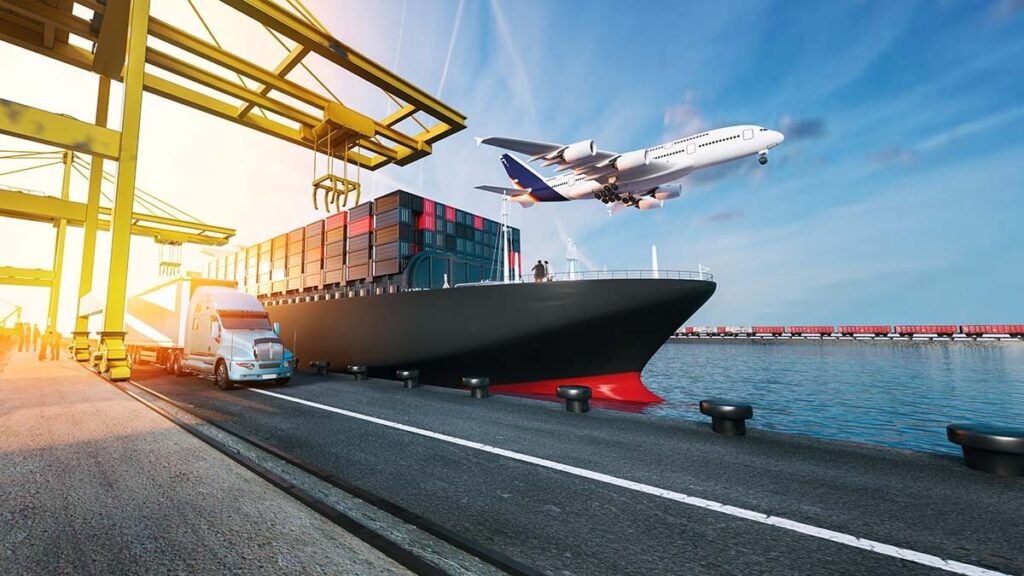
The logistics of China shipping refers to the process and activities involved in the planning, execution, and control of the movement and storage of the cargo between China and Felixstowe. The logistics of China shipping can be divided into three stages: pre-shipment, shipment, and post-shipment.
Pre-shipment
The pre-shipment stage involves the preparation of the cargo for the shipment, such as the packing, labeling, documentation, inspection, and clearance of the cargo. The pre-shipment stage also involves the booking and confirmation of the space and equipment for the shipment, such as the container, the vessel, and the berth. The pre-shipment stage is mainly the responsibility of the shipper, the exporter, and the freight forwarder.
Shipment
The shipment stage involves the transportation of the cargo from China to Felixstowe, or vice versa, by sea. The shipment stage also involves the loading and unloading of the cargo at the origin and destination ports, as well as the transshipment of the cargo at the intermediate ports, if any. The shipment stage is mainly the responsibility of the carrier, the shipping line, and the terminal operator.
Post-shipment
The post-shipment stage involves the delivery of the cargo from Felixstowe to the final destination, or vice versa, by road or rail. The post-shipment stage also involves the storage and distribution of the cargo at the destination, as well as the payment and settlement of the freight and other charges. The post-shipment stage is mainly the responsibility of the consignee, the importer, and the logistics provider.
Challenges and Solutions in China Shipping

China shipping faces several challenges that affect its performance and efficiency, such as:
- Congestion and delays: China shipping is subject to congestion and delays at the ports, roads, and rails, due to the high volume and complexity of the cargo, the limited capacity and infrastructure, and the unpredictable weather and traffic conditions. Congestion and delays can increase the cost and time of the shipment, as well as the risk of damage and loss of the cargo.
- Regulations and compliance: China shipping is subject to various regulations and compliance requirements from the international and national authorities, such as the International Maritime Organization (IMO), the World Customs Organization (WCO), the European Union (EU), and the UK government. Regulations and compliance can affect the availability, accessibility, and affordability of the shipment, as well as the safety and security of the cargo.
- Competition and pressure: China shipping is subject to intense competition and pressure from other shipping routes, modes, and players, such as the Suez Canal, the Panama Canal, the rail, the air, and the e-commerce. Competition and pressure can affect the demand, supply, and price of the shipment, as well as the quality and diversity of the cargo.
China shipping has adopted several solutions to overcome these challenges, such as:
- Optimization and collaboration: China shipping has optimized its operations and processes to reduce its cost and time, such as the consolidation, standardization, and simplification of the cargo, the documentation, and the procedures. China shipping has also collaborated with other stakeholders and partners to enhance its accessibility and reliability, such as the port authorities, the customs agencies, the logistics providers, and the customers.
- Sustainability and responsibility: China shipping has pursued sustainability and responsibility to minimize its environmental and social impact, such as the adoption of low-carbon and low-emission fuels and technologies, the implementation of waste and pollution management and prevention measures, and the support of the development and welfare of its trading partners and communities.
Impact of China Shipping on the UK Economy
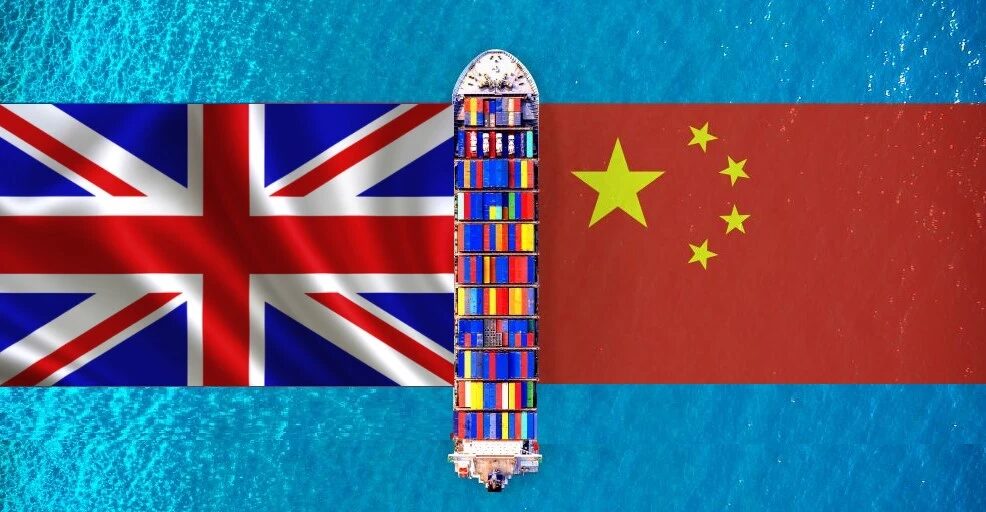
China shipping has a positive impact on the UK economy, as it contributes to the growth, development, and competitiveness of the country. China shipping has several economic benefits for the UK, such as:
- Trade and investment: China shipping facilitates the trade and investment between China and the UK, which are two of the world’s largest economies and trading partners. China shipping enables the UK to access the huge and dynamic market of China, as well as to source the cheap and quality goods and services from China. China shipping also enables China to access the advanced and innovative market of the UK, as well as to invest in the strategic and profitable sectors of the UK, such as infrastructure, energy, and technology.
- Employment and income: China shipping generates employment and income for the UK, as it creates and supports jobs and businesses in the shipping industry and related industries, such as the port, the logistics, the manufacturing, and the retail. China shipping also increases the income and purchasing power of the UK consumers and producers, as it lowers the cost and increases the availability of the goods and services in the UK market.
- Innovation and technology: China shipping stimulates innovation and technology in the UK, as it encourages the UK to improve its productivity and efficiency in the shipping industry and related industries, as well as to adopt and develop new and advanced technologies and practices in the shipping industry and related industries, such as the automation, digitalization, and optimization of the port, the logistics, the manufacturing, and the retail.
Future Trends in China Shipping and the Felixstowe Connection
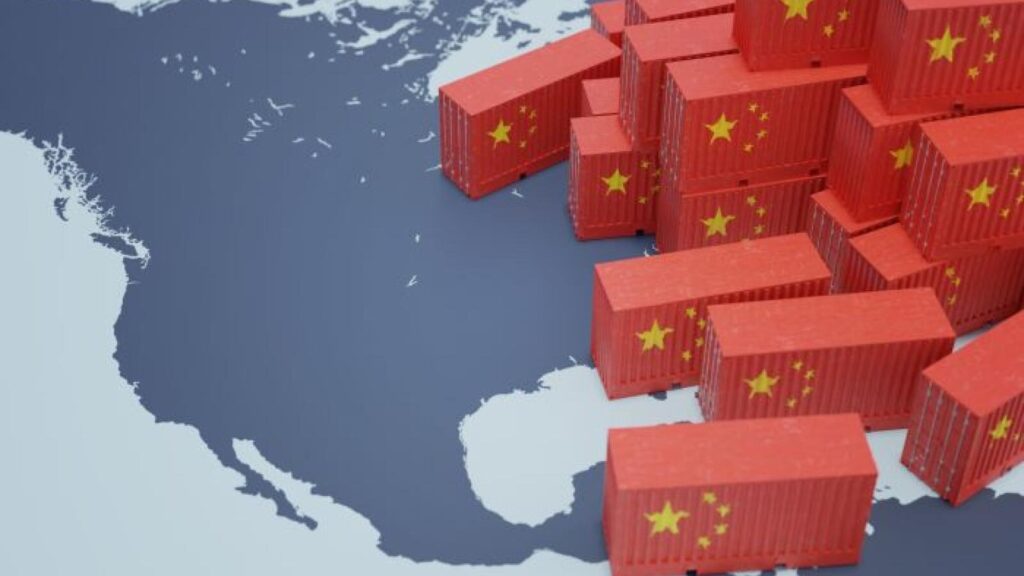
China shipping is expected to continue to grow and evolve in the future, as China maintains its economic growth and development, as well as its integration and cooperation with the world. China shipping is also expected to face new and emerging challenges and opportunities in the future, such as the changing consumer preferences and demands, the shifting trade patterns and policies, and the evolving technologies and innovations.
Some of the future trends in China shipping and the Felixstowe connection are:
- The Belt and Road Initiative (BRI): The BRI is a global development strategy launched by China in 2013, which aims to connect China with more than 60 countries in Asia, Europe, Africa, and beyond, through infrastructure, trade, and investment projects. The BRI has a maritime component, which involves the development of ports, terminals, and shipping routes along the sea lanes connecting China with the rest of the world. The BRI has a significant impact on China shipping and the Felixstowe connection, as it enhances the connectivity, accessibility, and reliability of the shipping activities between China and the UK, as well as between China and Europe. The BRI also creates new opportunities and challenges for China shipping and the Felixstowe connection, as it increases the volume and diversity of the cargo, as well as the competition and pressure from other ports and routes.
- The 5G technology: The 5G technology is the fifth generation of mobile network technology, which offers faster speed, higher bandwidth, lower latency, and greater connectivity than the previous generations. The 5G technology has a significant impact on China shipping and the Felixstowe connection, as it enables the digital transformation and innovation of the shipping industry and related industries, such as the port, the logistics, the manufacturing, and the retail. The 5G technology also creates new opportunities and challenges for China shipping and the Felixstowe connection, as it improves the efficiency and reliability of the shipping activities, as well as the quality and diversity of the goods and services, but also poses new risks and threats to the security and privacy of the data and information.
- The green shipping: The green shipping is the term used to describe the shipping activities that are environmentally friendly and socially responsible, such as the use of renewable and clean energy sources, the reduction of greenhouse gas emissions and waste generation, and the protection of the marine ecosystem and biodiversity. The green shipping has a significant impact on China shipping and the Felixstowe connection, as it aligns with the global and national goals and commitments to combat climate change and promote sustainable development. The green shipping also creates new opportunities and challenges for China shipping and the Felixstowe connection, as it requires the investment and innovation in the green technologies and practices, as well as the collaboration and coordination among the stakeholders and partners.
Key Players in China Shipping and Their Involvement with Felixstowe
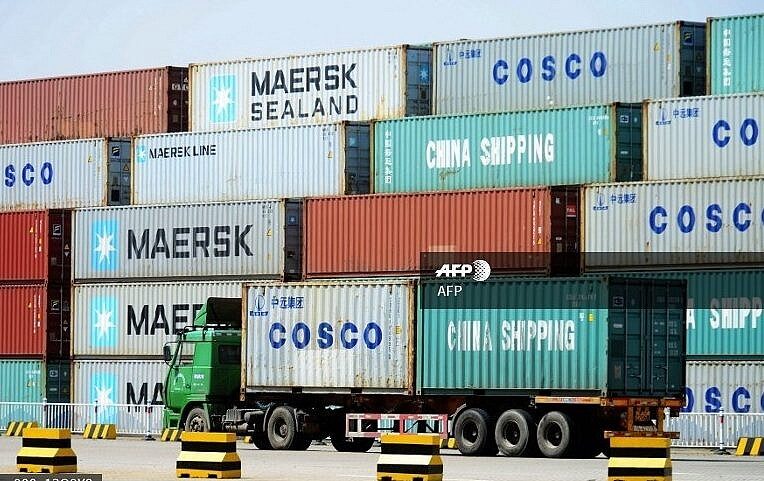
China shipping involves various key players that have different roles and responsibilities in the shipping activities between China and Felixstowe. Some of the key players in China shipping and their involvement with Felixstowe are:
- China Ocean Shipping (Group) Company (COSCO): COSCO is the largest shipping company in China and one of the largest in the world, with a fleet of more than 1,300 vessels and a capacity of more than 100 million TEUs. COSCO operates several shipping services and routes between China and Felixstowe, such as the Asia-Europe Express (AEX), the China-Europe Shuttle (CES), and the China-UK Express (CUK). COSCO also has a joint venture with Hutchison Ports, the owner and operator of Felixstowe, to operate the London Gateway port, another major container port in the UK.
- China Merchants Group (CMG): CMG is a state-owned enterprise in China that engages in various businesses, such as transportation, infrastructure, finance, and real estate. CMG is also a major player in the shipping industry, with a fleet of more than 700 vessels and a capacity of more than 50 million TEUs. CMG operates several shipping services and routes between China and Felixstowe, such as the Ocean Alliance, the New Pendulum, and the Far East Europe (FE1). CMG also has a stake in the Terminal Link, a joint venture with CMA CGM, the third-largest shipping company in the world, to operate 13 terminals around the world, including Felixstowe.
- China Shipping Container Lines (CSCL): CSCL is a subsidiary of China Shipping Group, another state-owned enterprise in China that engages in various businesses, such as shipping, logistics, finance, and energy. CSCL is a leading player in the shipping industry, with a fleet of more than 150 vessels and a capacity of more than 10 million TEUs. CSCL operates several shipping services and routes between China and Felixstowe, such as the Asia-Europe Service (AES), the China-Europe-Mediterranean Service (CEM), and the China-UK Service (CUK). CSCL also has a partnership with Maersk Line, the largest shipping company in the world, to operate the 2M Alliance, which covers 21 services and 75 ports around the world, including Felixstowe.



